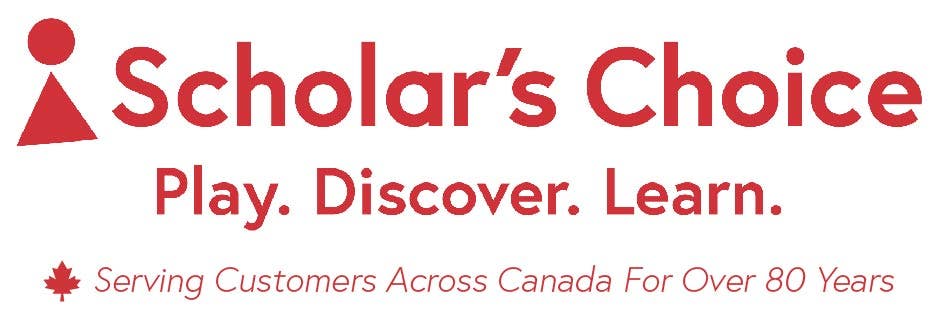

The Critical Role of Phonemic Awareness in Literacy Success
In the foundational years of a child's education, mastering phonemic awareness is pivotal for developing reading and writing skills. As teachers, emphasizing phonemic awareness in the classroom not only lays the groundwork for literacy success but also supports overall language development. This blog post explores the importance of practicing phonemic awareness and provides actionable strategies for effectively integrating it into your classroom environment.
Understanding Phonemic Awareness
Phonemic awareness is the ability to hear, identify, and manipulate individual sounds—phonemes—in spoken words. It is one of the best predictors of how well children will learn to read during the first two years of school instruction. Unlike phonics, which involves the relationship between sounds and their spellings, phonemic awareness is purely auditory and does not involve text. There are so many benefits to exploring the benefits of phonemic awareness in early education
Enhances Reading Readiness
Phonemic awareness is critical for reading readiness, as it forms the basis for phonics. Children who can manipulate sounds and understand their discrete units are better prepared to decode words when they start reading text.
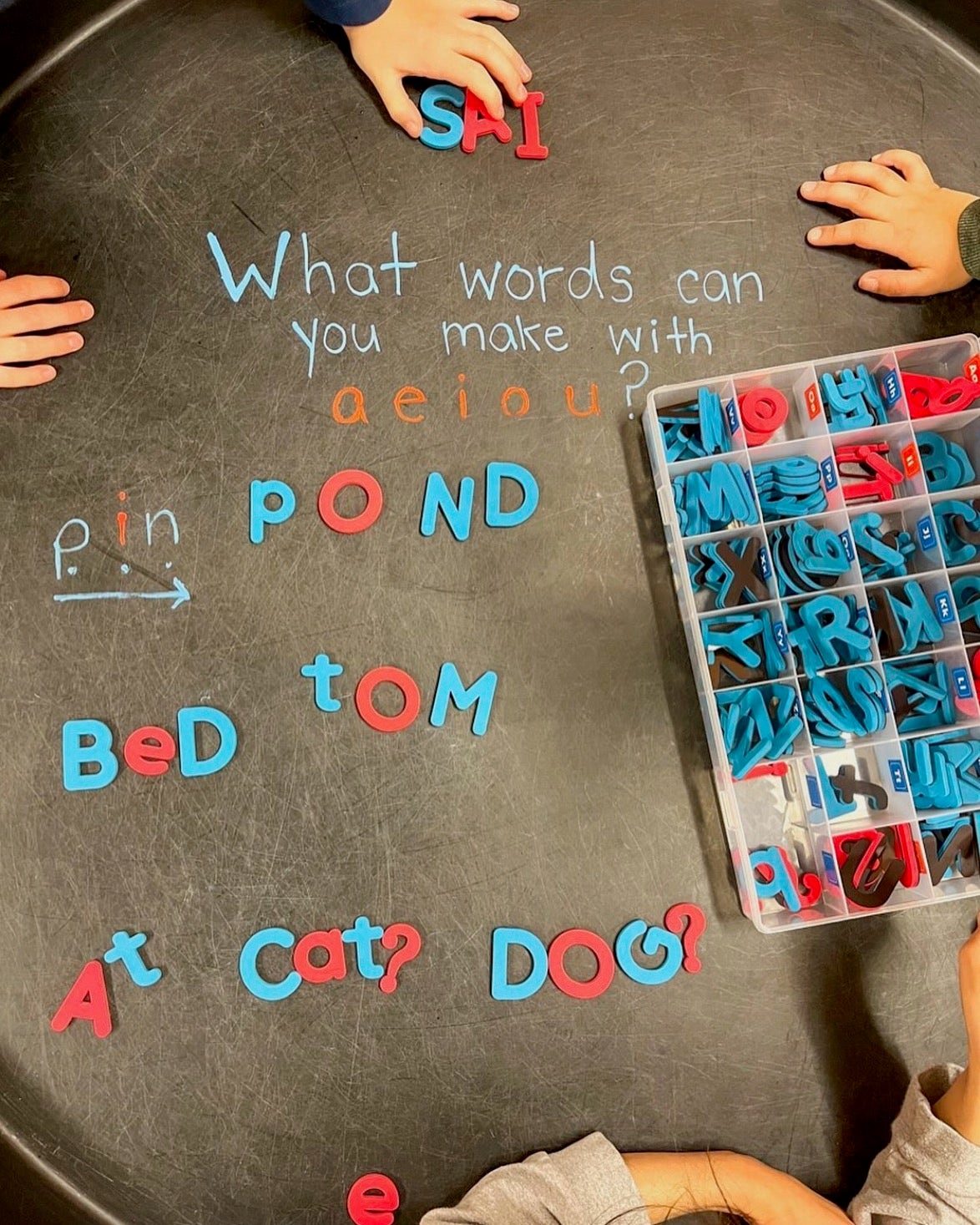

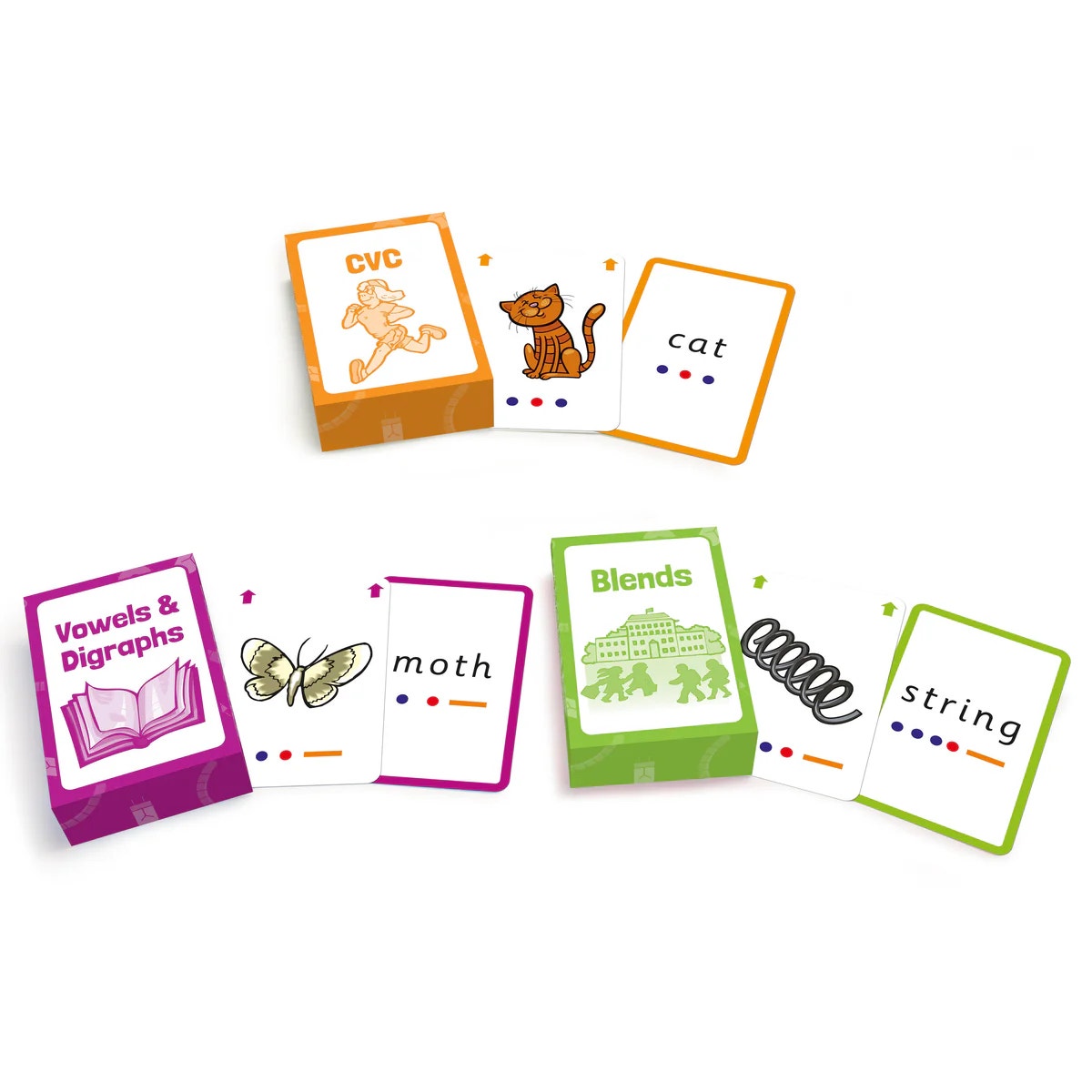

Strong phonemic awareness allows children to segment and blend sounds, essential skills for decoding unfamiliar words. This ability directly correlates with a child's capacity to read fluently and comprehend text.
Supports Spelling Accuracy
Understanding the sounds in words helps children spell accurately. Phonemic awareness training improves children's ability to break down words into their component sounds and map these sounds to letters.
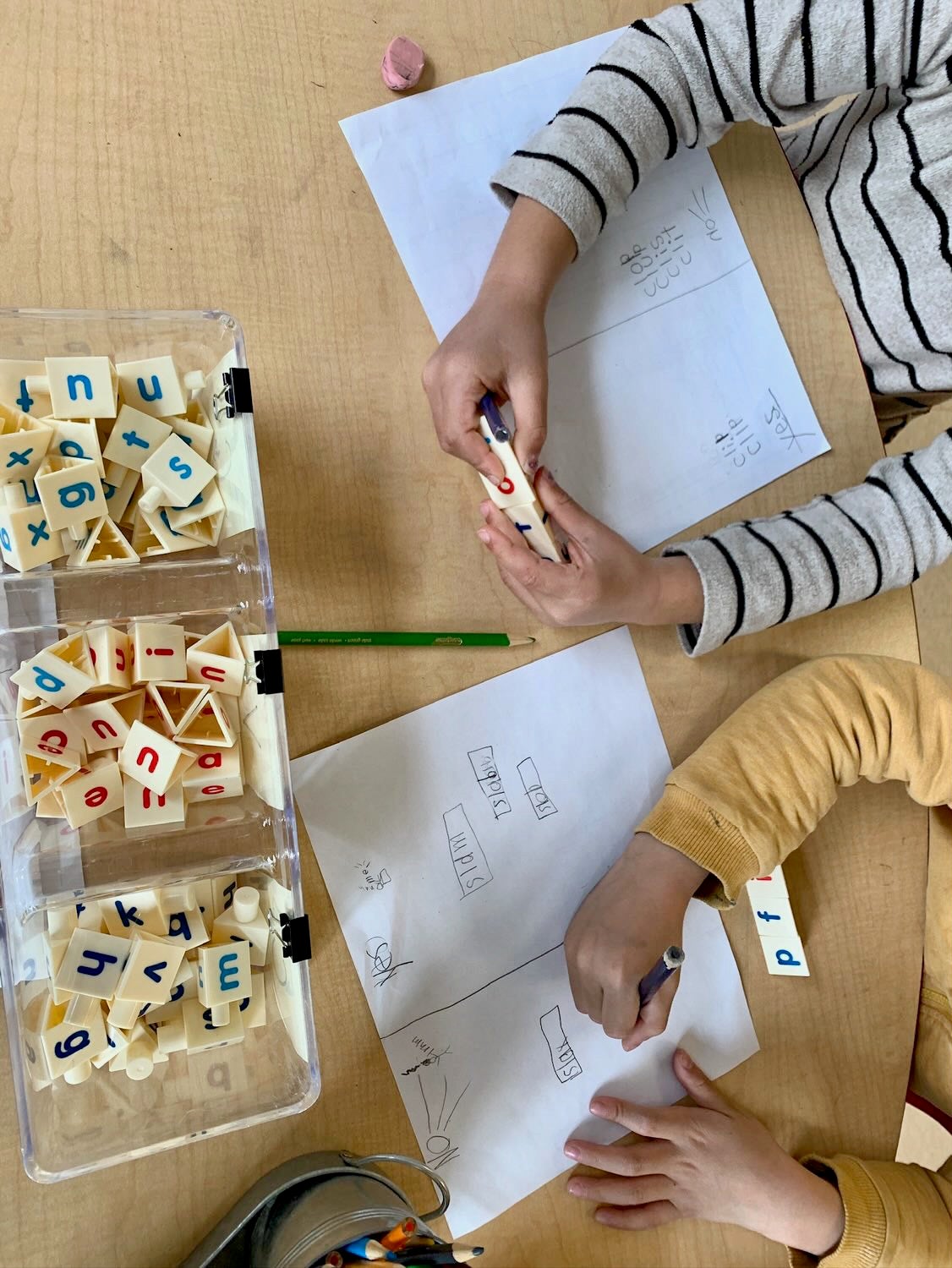

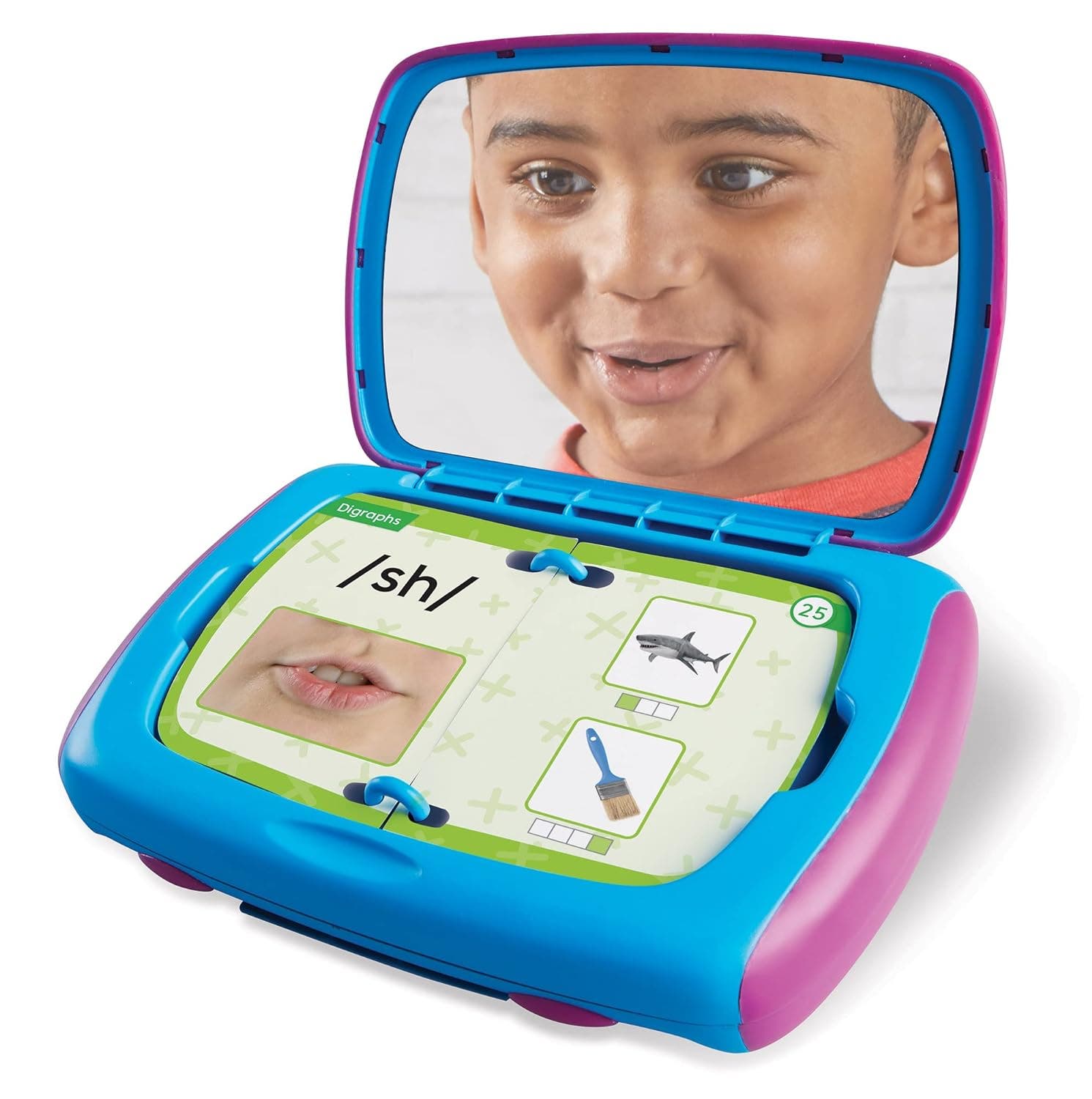

Aids in Speech Clarity
Phonemic awareness activities enhance children's ability to articulate words correctly. They become more aware of the sounds within words, which helps in their speech clarity and oral language skills.
Strategies for Teaching Phonemic Awareness
1. Daily Phonemic Awareness Activities: Incorporate short, focused phonemic awareness activities into your daily routine. These can include games and exercises like sound matching, segmenting, and blending sounds. For example, use rhyme recognition games or initial sound matching activities that engage students in identifying and manipulating sounds.
2. Use of Manipulatives: Employ manipulatives such as blocks or counters to visually represent sounds in words. This helps students see the breakdown of sounds alongside hearing and speaking them, which can enhance understanding, especially for visual learners.
3. Integrated Approach: While phonemic awareness is primarily auditory, integrating it with letters as soon as students are ready can reinforce the connection between phonemic skills and reading. Simple activities like using letter tiles to build words from sounds can be highly effective.
4. Progress Monitoring: Regularly assess students' phonemic awareness through informal checks or structured assessments. This will help you tailor instruction to meet the varying needs of students in your classroom.
5. Professional Development: Stay informed about the latest research and strategies in teaching phonemic awareness. Attend workshops and training sessions, and collaborate with colleagues to share insights and effective practices.
The ability to manipulate phonemes is a crucial skill that underpins successful reading and writing. By prioritizing phonemic awareness in early childhood classrooms, teachers can provide students with the tools necessary for academic success across all areas of learning. Implementing the strategies outlined above will help cultivate an environment where literacy flourishes and students are empowered with the foundational skills they need to excel in their educational journey. Let's commit to nurturing these essential skills that will serve as the building blocks for lifelong learning and literacy.
See all our favourite phonemic awareness learning resources here
Make sure to tag us on social media if you try any of our ideas and follow us for more play based learning activites, process art and craft ideas on social media @ScholarsChoice on Facebook, Instagram and Pinterest

